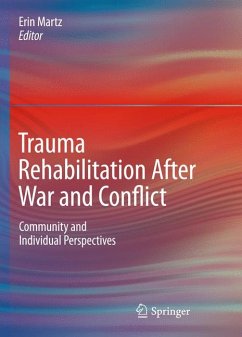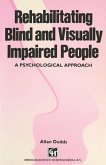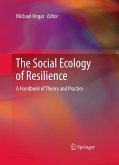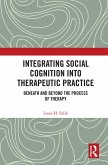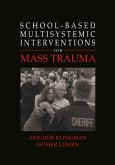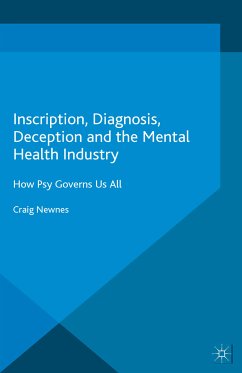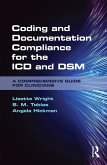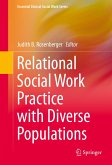Demonstrating wide-ranging knowledge of the vulnerabilities and resilience of war survivors, the collaborators on Trauma Rehabilitation after War and Conflict analyze successful rehabilitative processes and intervention programs in conflict-affected areas of the world. Its dual focus on individual and community healing builds on the concept of the protective "trauma membrane," a component crucial to coping and healing, to humanitarian efforts (though one which is often passed over in favor of rebuilding infrastructure), and to promoting and sustaining peace. The book's multiple perspectives-including public health, community-based systems, and trauma-focused approaches-reflect the complex psychological, social, and emotional stresses faced by survivors, to provide authoritative information on salient topics suchas:
- Psychological rehabilitation of U.S. veterans, non-Western ex-combatants, and civilians
- Forgiveness and social reconciliation after armed conflict
- Psychosocial adjustment in the post-war setting
- Helping individuals heal from war-related rape
- The psychological impact on prisoners of war
- Rehabilitating the child soldier
Rehabilitation after War and Conflict lucidly sets out the terms for the next stage of humanitarian work, making it essential reading for researchers and professionals in psychology, social work, rehabilitation, counseling, and public health.
Dieser Download kann aus rechtlichen Gründen nur mit Rechnungsadresse in A, B, BG, CY, CZ, D, DK, EW, E, FIN, F, GR, HR, H, IRL, I, LT, L, LR, M, NL, PL, P, R, S, SLO, SK ausgeliefert werden.
Hinweis: Dieser Artikel kann nur an eine deutsche Lieferadresse ausgeliefert werden.
-Hanoch Livneh, Ph.D., LPC, CRC, Portland State University
"In the devastating aftermath of war or other major conflict, development agencies tend to concentrate on the rebuilding of a country's infrastructure, ensuring that basic human needs for food, shelter and water, and stable government are met. But too often the heaviest toll of conflict is the devastation of people's minds and spirits; in the quest for ensuring material survival, it is this latter devastation that development organizations often overlook. The casualties of conflict are many - physical disabilities, mental illnesses, people torn from their social and familial support systems, each resulting in whole swaths of men and women left without any hope of earning their living. This book provides guidance to the development field on how to best heal the deep wounds suffered by a nation's populace through the lens of post-conflict human rehabilitation. As foreign assistance flows into post-conflict regions with assistance designed to rebuild economies, roads, and schools - it is important that a segment of development professionals focus on the purely human element of rebuilding lives and societies. This book gives perspective on just how to begin that process so thatthe trauma people suffered is not passed on to future generations long after the violence has stopped."
-Amy T. Wilson, Ph.D., Program Director, M.A. in International Development Department of Educational Foundations and Research, Gallaudet University, Washington, DC

